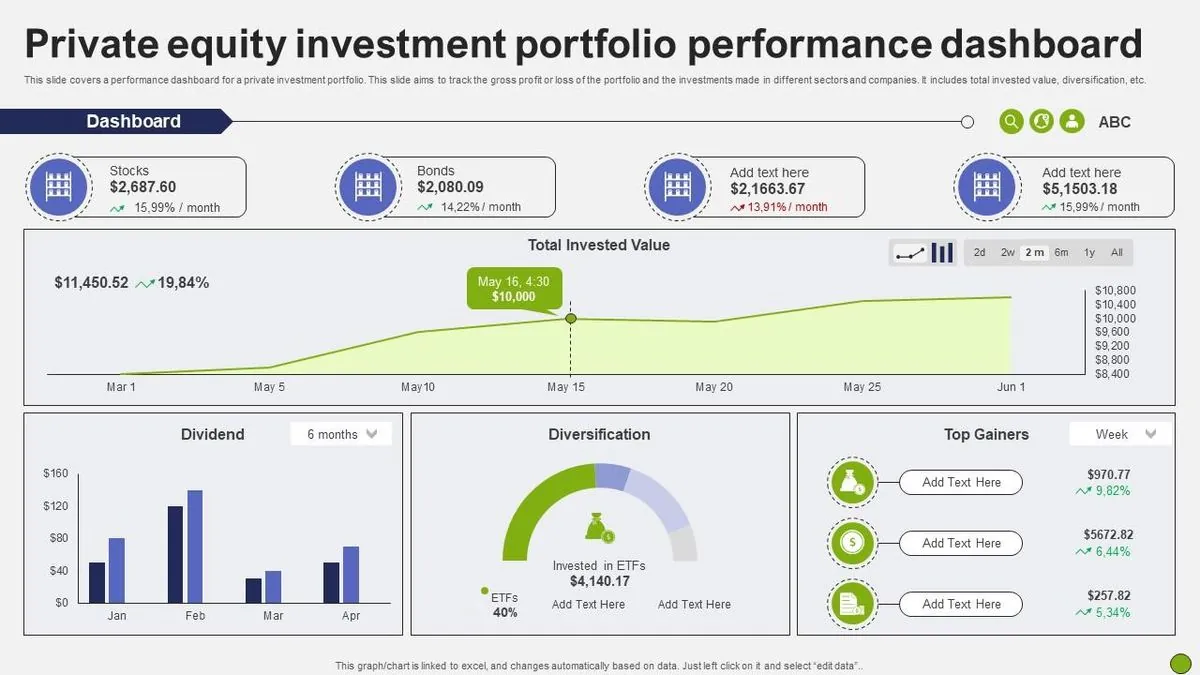Private Equity Firms Face Challenges as Market Valuation Boost Fades
Private equity firms, reliant on rising market valuations for returns, now face challenges as this trend wanes. Industry giants must adapt strategies to maintain performance in a changing economic landscape.

In recent years, private equity firms have benefited significantly from rising market valuations, a trend that appears to be coming to an end. This shift poses new challenges for industry leaders like Stephen Schwarzman of Blackstone and Henry Kravis of KKR, who must now find alternative ways to generate returns.
The period following the 2008 financial crisis and the 2020 pandemic saw unprecedented monetary policies, including near-zero interest rates and extensive quantitative easing. These measures led to soaring stock market valuations, with the median enterprise value to EBITDA multiple for the MSCI World Index peaking at almost 15 in 2021, compared to less than 10 in 2012.
This valuation surge has been a key driver of private equity returns. According to an analysis by Bain & Co., examining deals from 2013 to 2023, rising valuation multiples accounted for 47% of the increase in a company's enterprise value during private equity ownership. This contribution was even higher, at 64% and 71% respectively, for carve-outs and public-to-private transactions.

However, the economic landscape is shifting. Central banks are gradually normalizing monetary policy, making a repeat of the post-2008 valuation runup unlikely. The S&P 500 currently trades at 27 times trailing earnings, significantly above its 20-year median of 19, suggesting limited room for further multiple expansion.
To address this challenge, private equity firms have been employing strategies such as "buy-and-build." This approach involves acquiring a mid-sized company and then purchasing smaller competitors to create value through scale and synergies. Since 2019, these add-on transactions have accounted for about 60% of overall U.S. private equity deals.
However, the effectiveness of this strategy is being tested by rising borrowing costs. The average leverage multiple for U.S. buyout loans decreased from 7 in 2022 to below 6 in 2023, while the cost of financing for a hypothetical buy-and-build strategy has roughly doubled between 2020 and early 2024.
Another potential solution is to enhance the characteristics of portfolio companies, such as generating more stable revenue streams. EQT's investment in Desotec exemplifies this approach, transforming the company into a more subscription-based business and achieving a significant valuation uplift.
"The valuation multiples of private-equity owned companies rose more slowly than those of comparable public index benchmarks."
Despite these strategies, evidence suggests that private equity firms may struggle to replicate past successes. A McKinsey & Co. analysis of 2,512 deals from 2010 to 2021 found that private equity-owned companies' valuation multiples grew more slowly than comparable public benchmarks.
As a result, buyout firms are now factoring in lower exit multiples when evaluating potential targets. To maintain returns, they will need to focus more intensively on boosting their portfolio companies' profits through revenue growth and cost-cutting measures.
While private equity firms have demonstrated success in increasing portfolio companies' top lines over the past decade, they will need to surpass previous performance to compensate for less favorable market conditions. This shift may lead to increased competition for fast-growing targets in sectors like software and healthcare, potentially driving up acquisition prices and creating new challenges for the industry.
As the private equity landscape evolves, firms must adapt their strategies and focus on operational improvements to maintain their historical levels of returns in an environment where market-driven valuation gains can no longer be relied upon.


































